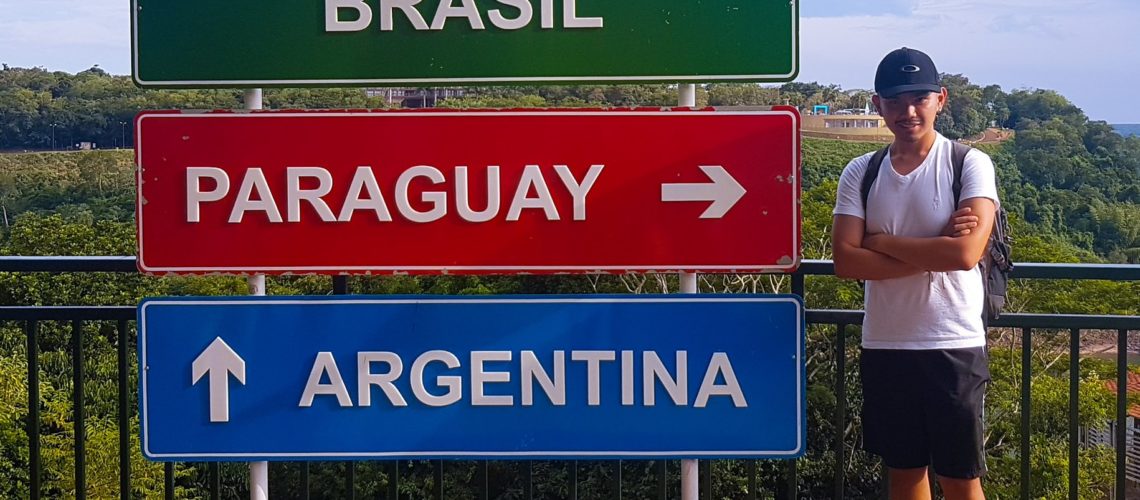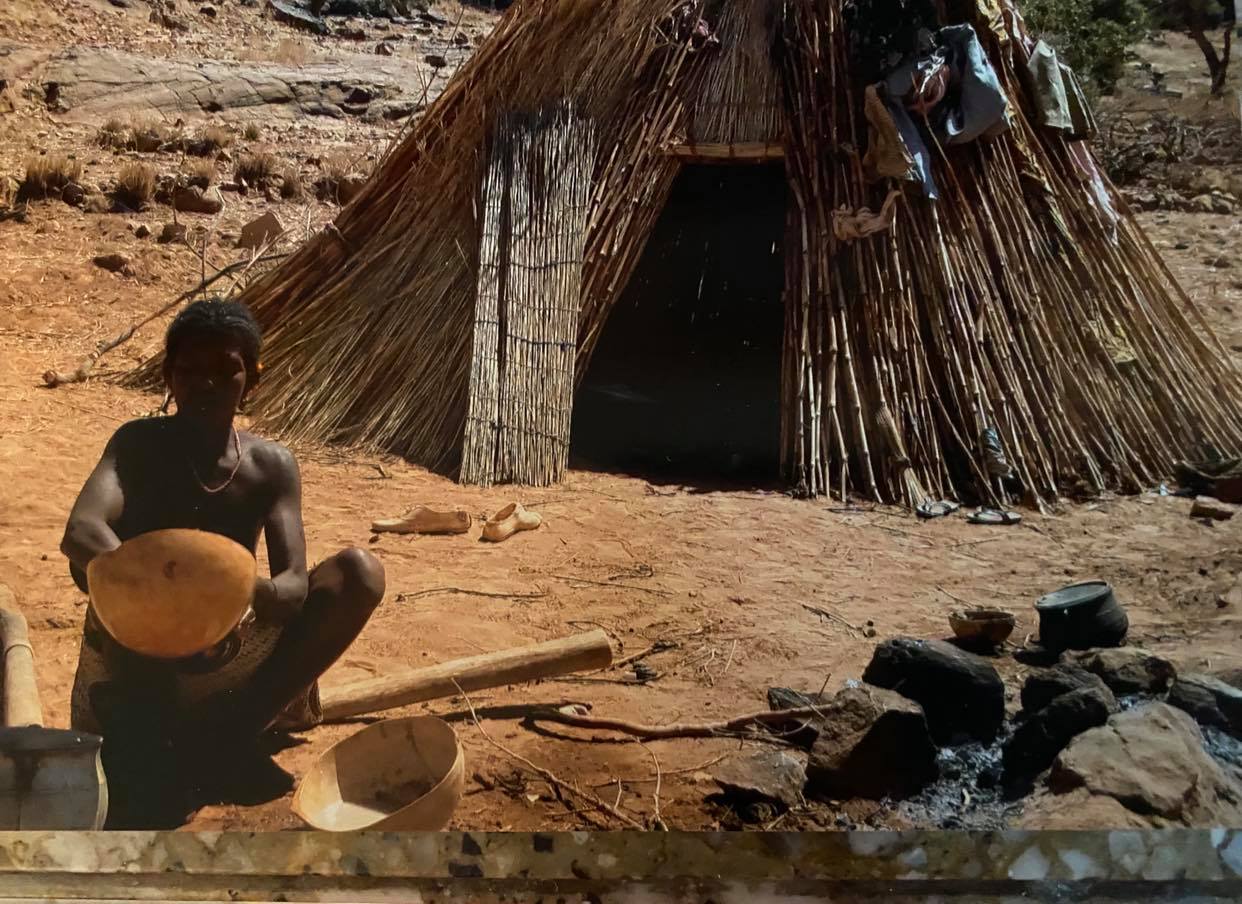A lot of people fall to scams while traveling. This happens because travel usually involves a lot of money, primarily for accommodations which often can be a whole month’s wages in some countries for just an overnight stay at a five star hotel. So naturally, thieves and scammers gravitate towards tourists since there is a big chance they will have excess cash compared to what locals would carry. So how can we minimize, if not prevent ourselves from being scammed?
First, decide what your purpose of travel is and stick to it while avoiding distractions. Often travelers try to squeeze everything into a trip even if it is just for a few days. Is the purpose of the trip just for exploring the culture of a country or place? If yes, then not much money should be involved. Is it for a gambling binge? In that case, lots of money will be involved and it is best to focus on the task at hand. Any distraction will keep you off your guard and your wallet or pocket vulnerable. Not to mention alcohol is among the top distractions anyone can encounter on a trip.
Second, bring just enough money for a particular day activity and keep the rest locked up in a safe place. Or better yet, distribute your money (on your person via money belts, different wallets, hotel safe, and so on. Put the bulk of your cash in a safe location, and just have a simple wallet with local currency to take out all the time when making your transactions. Even if this is lost, at least you have a stash hidden and you won’t feel totally helpless. And having less money is a really good excuse, “I don’t have enough money. Period.” Not to mention you avoid overspending.
Third, do not flaunt wealth. This is the number one attractor of thieves and scammers. If going to an unfamiliar place, don’t wear jewelry or wear cheap ones that don’t draw attention. Thieves have mastered the art of spotting and staking out their victims, so the idea here is not to look like a potential victim. Try to look as local as you can without being too obvious. Also try to avoid showing cameras (especially DLSRs) until you reach a place which looks safe. Scammers don’t have to steal directly from you to part you from your money.
Fourth, don’t dress like a typical tourist. There is a stereotype of such a tourist – wearing fanny packs, baseball caps, t-shirts with prints or logos, shorts, and running shoes (especially white-colored branded ones). Anything that doesn’t look like a local. If you compare the outfit vs that of the locals, you will notice that many of them don’t wear shorts even in hot countries (except those in the islands). To me, shorts are best at an establishment where they are expected attire, such as sports clubs, beaches, and gatherings of friends in an exclusive place – not so much in public. By wearing simple clothing that covers most of your skin and possessions, you greatly decrease the risk of being targeted.
Fifth, don’t believe any stranger on the street or bar who approaches you. Locals will generally not approach tourists unless they have a hidden interest in doing so, whether for business or even a scam. If you need help, approach people – not the other way around. However in certain places (like Japan) there are really very helpful locals if they notice that you seem to be lost and trying to find your way to a destination. Learn how to distinguish who is generally helpful and expects nothing in return vs. those who have an obvious ulterior motive.
Finally, pretend that you know where you’re going and what you’re doing (even if you don’t really know)! A big air of confidence makes potential thieves and scammers a bit way of you, but don’t be too obnoxious. And if you do get scammed or something is stolen from you, take that as a learning experience on how to prevent future similar episodes from happening. Often it is better to have experienced something minor and learn from that early on that to be caught in a life threatening situation because you weren’t informed beforehand. It always pays to be on your guard and yet look confident.
Link to the original article here.
Guest Contributor: Nolan Tianco





